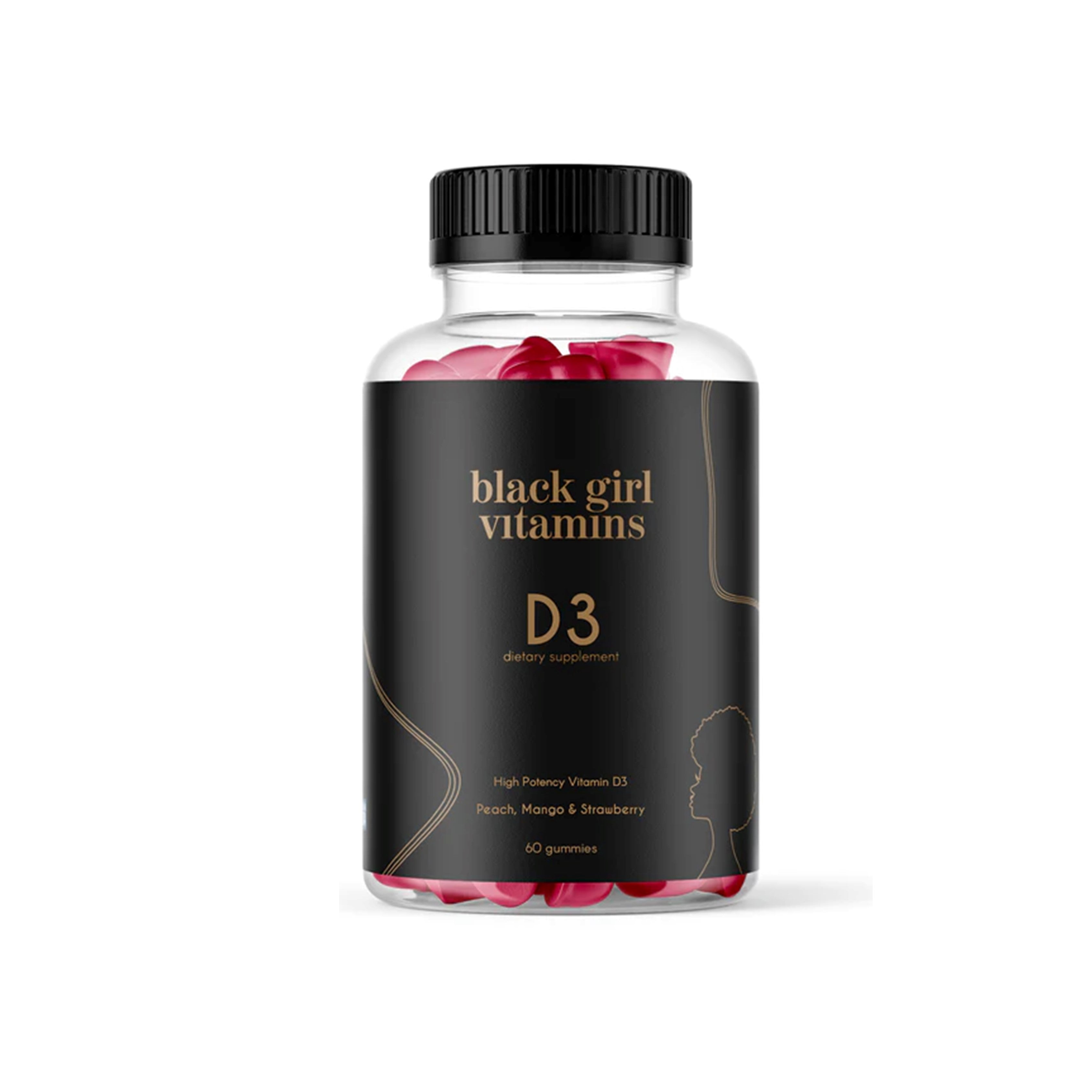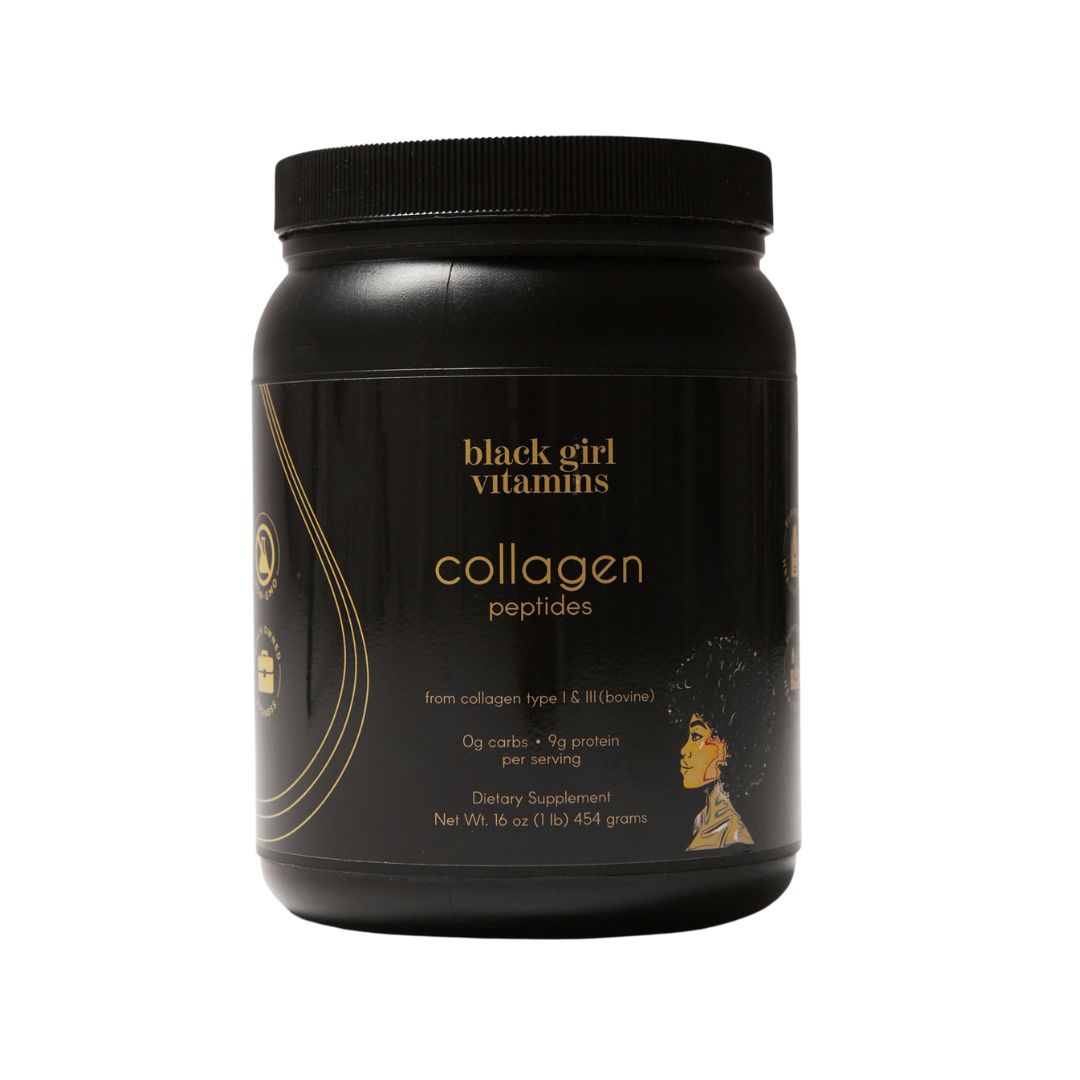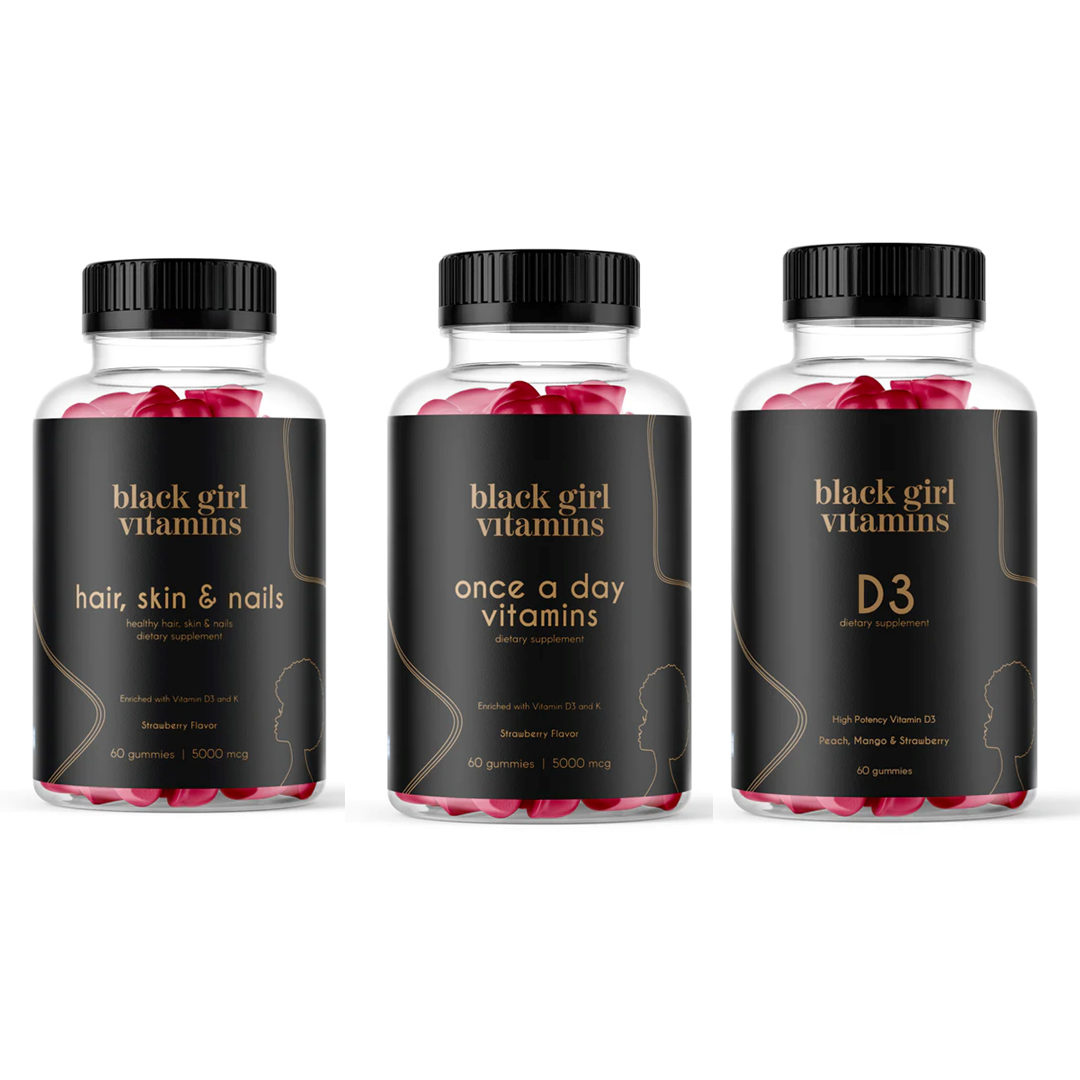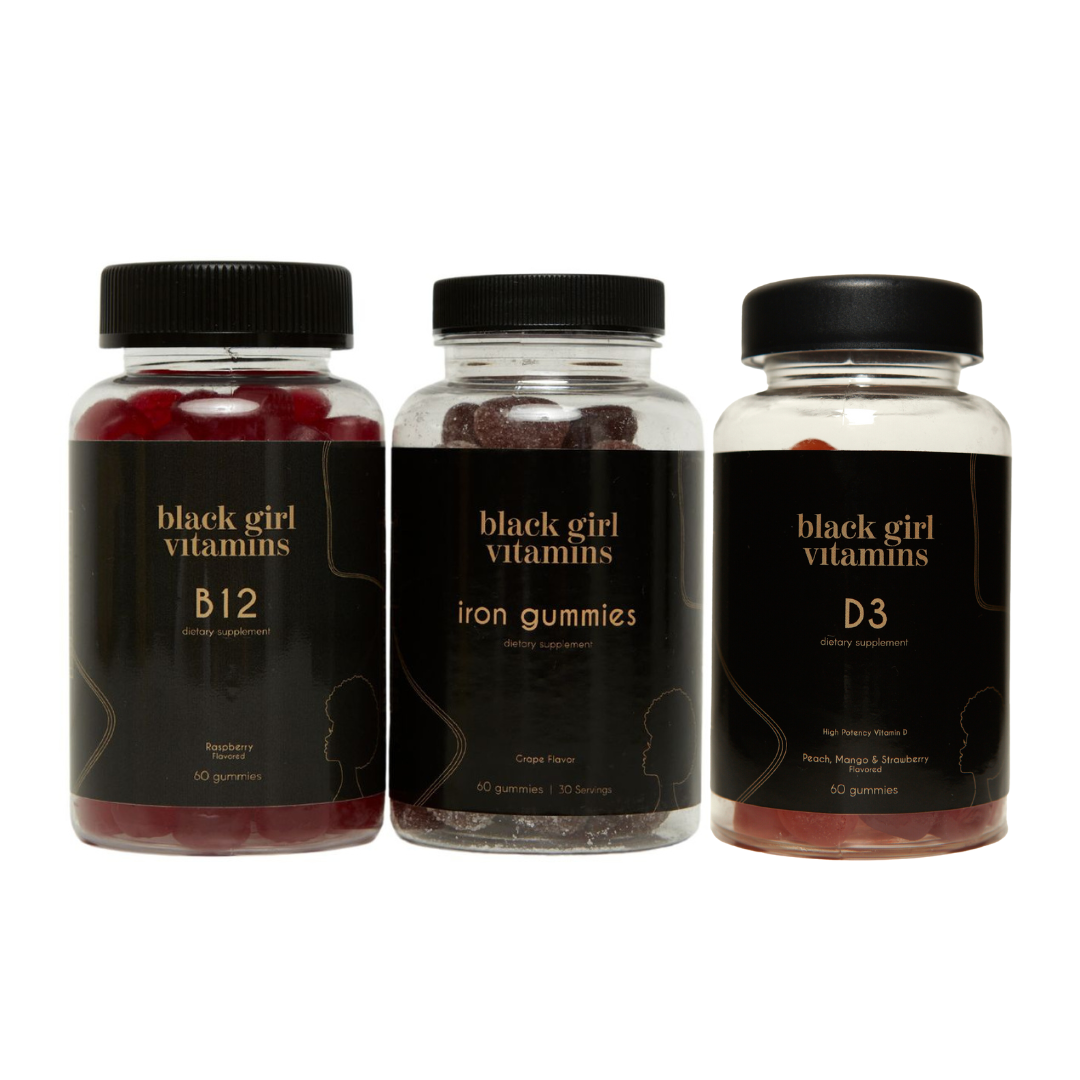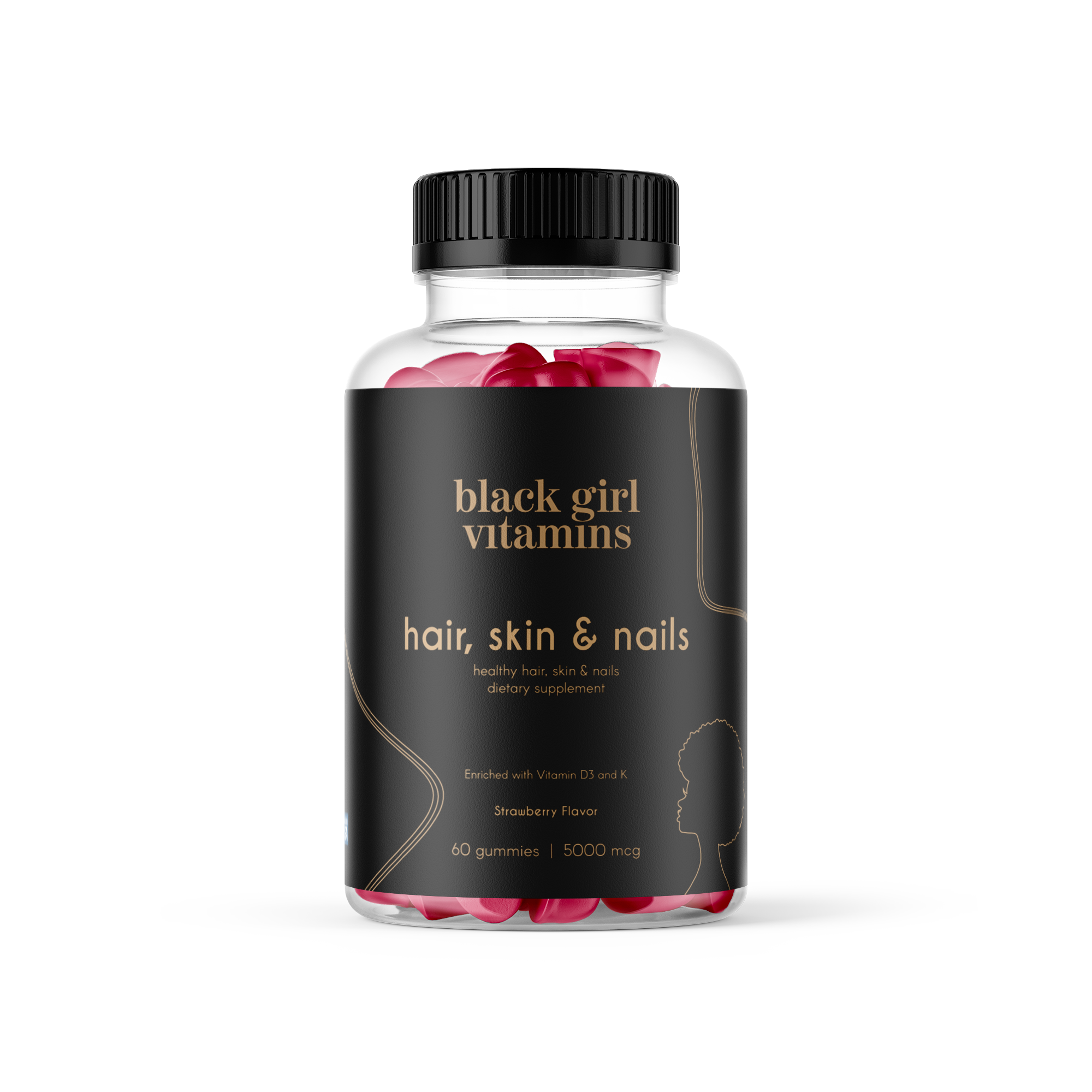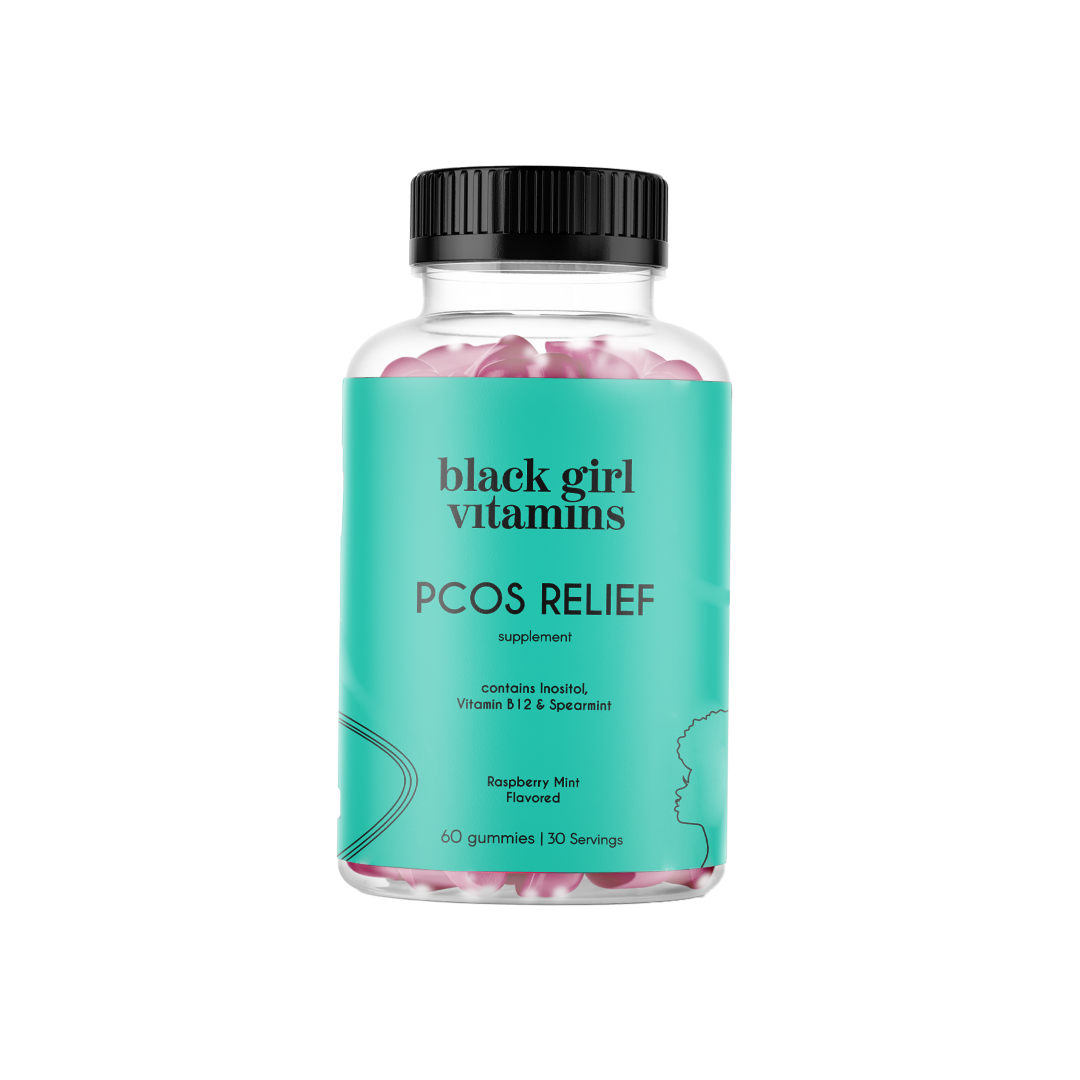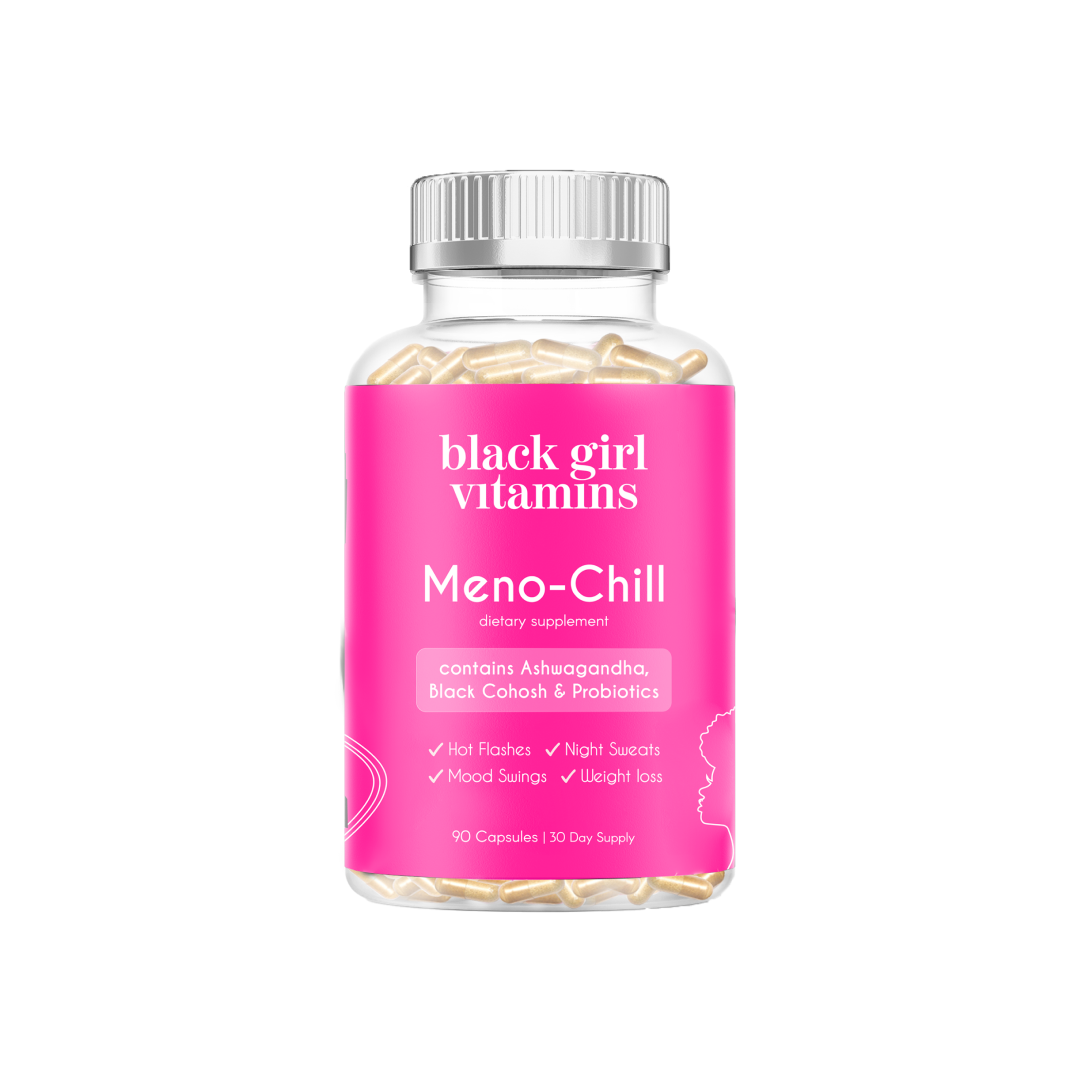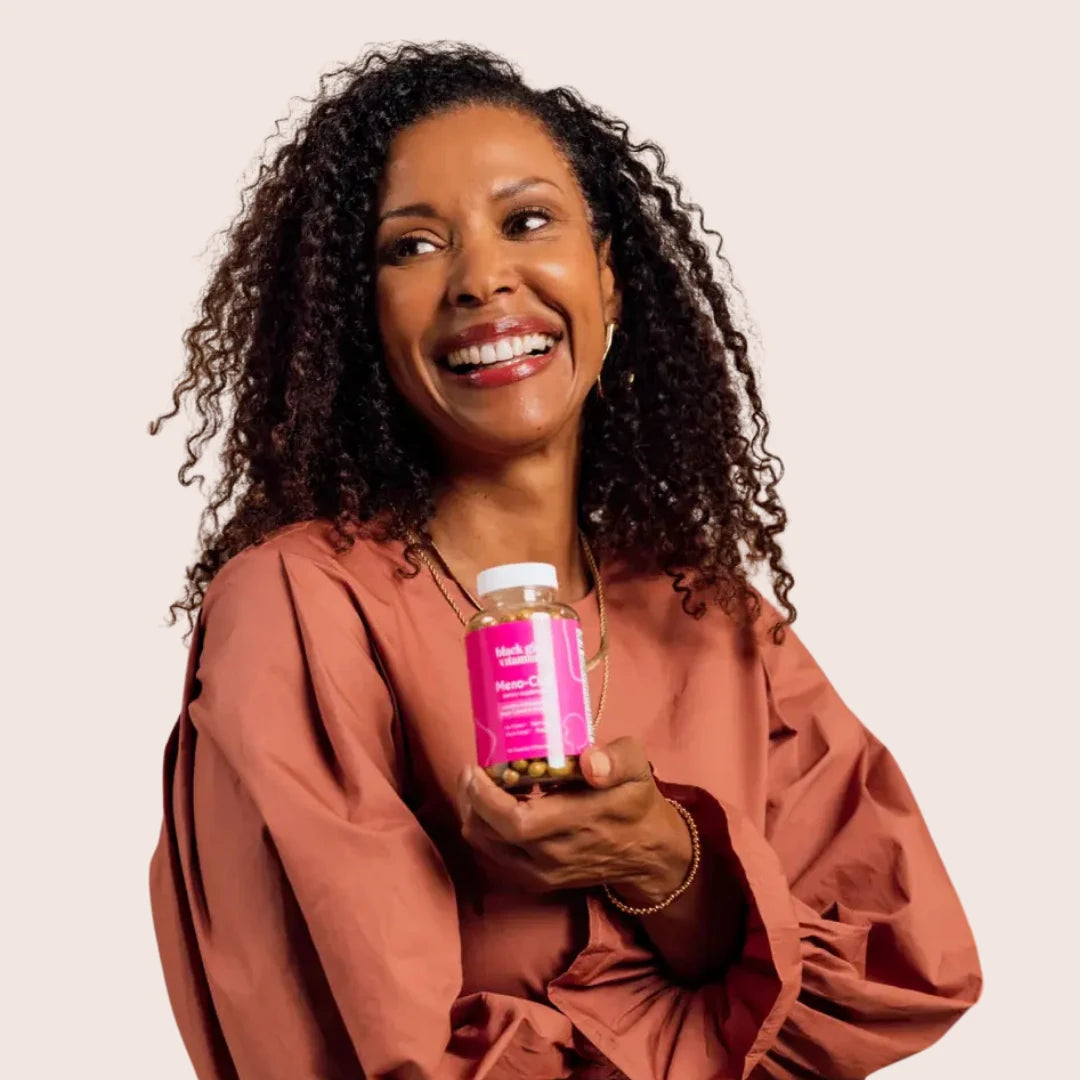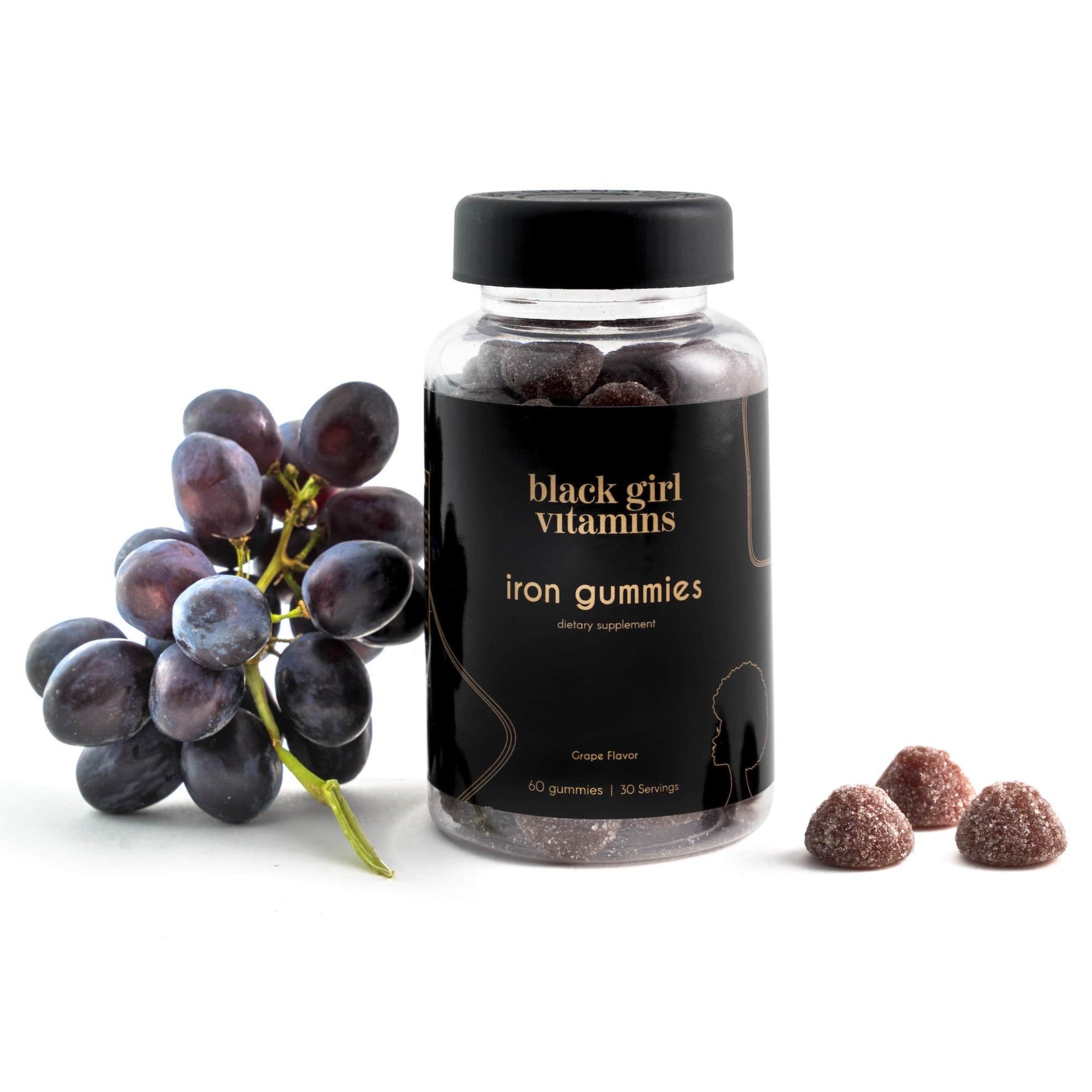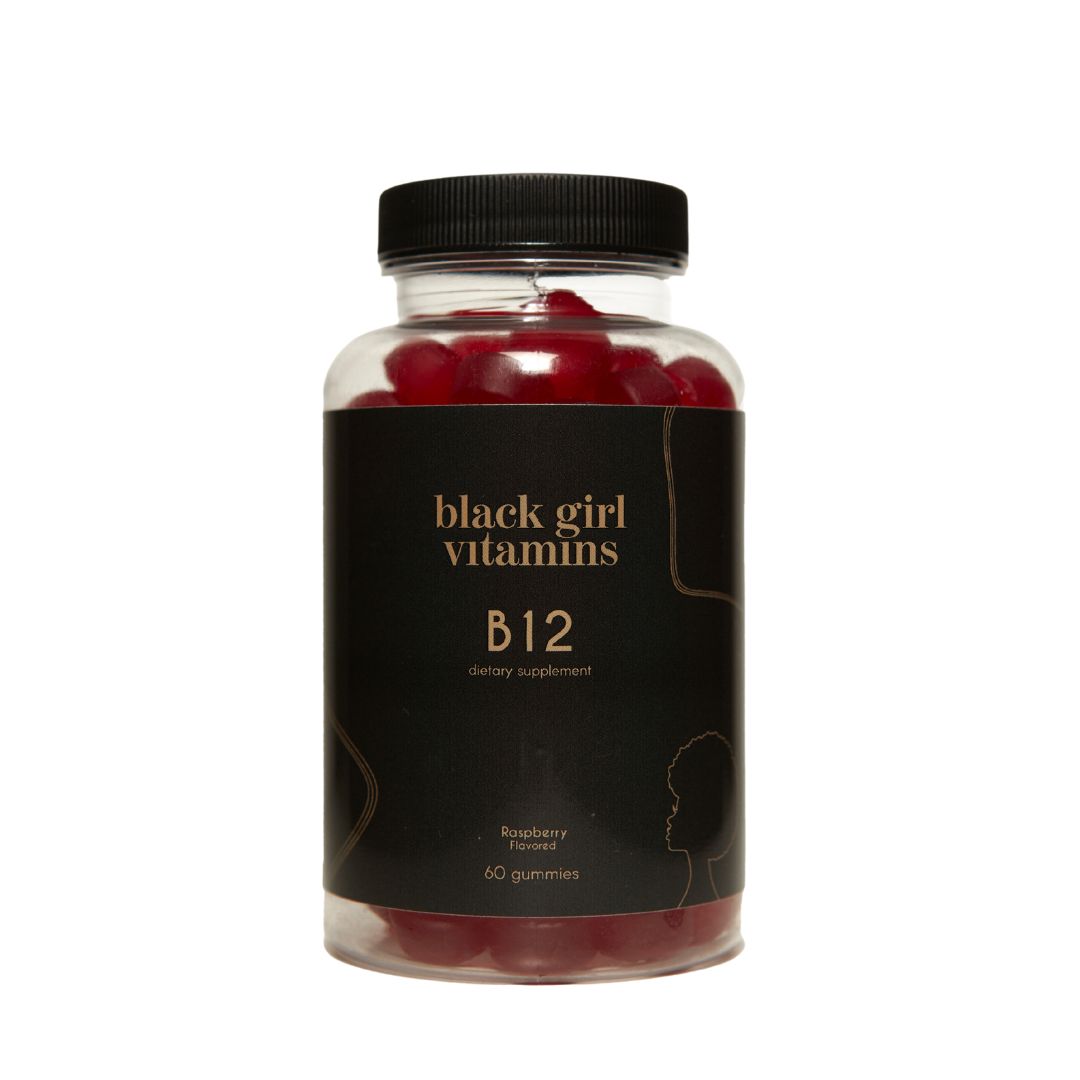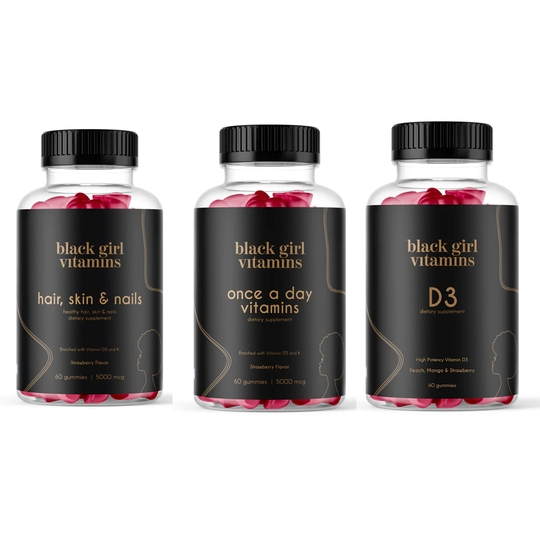Signs You’re Approaching the End of Menopause
Menopause is, of course, a natural stage for almost every woman’s life and marks the end of your reproductive years.
It’s what happens when your ovaries stop producing eggs and estrogen, the primary female hormone. Often Black women experience menopause by as much as 8.5 months earlier than white women.
What Are the Stages of Menopause?
When you think about menopause, you must remember there are three main stages: perimenopause, menopause, and postmenopause.
Let’s take a look at what those stages mean for you.
Perimenopause
Leading up to menopause is a stage known as perimenopause. Your hormone levels can fluctuate during this time, causing a wide variety of symptoms. These hormonal fluctuations can also cause irregular menstruation, which may be lighter, heavier, or more frequent than you’re accustomed to.
Black women often experience more intense symptoms such as hot flashes, night sweats, and mood swings.
Menopause
Menopause is the actual time during which you stop having menstrual periods for at least 12 consecutive months. This is an indication your ovaries have stopped producing eggs and estrogen.
Your perimenopausal symptoms may happen more regularly and worsen during this time. Insomnia or poor sleep quality are common problems. You may also experience urinary incontinence if you have weak pelvic floor muscles.
Postmenopause
The end of menopause refers to the point after which you’ve not had a menstrual period for at least 12 months consecutively. This usually happens around one year after your last period.
At this point, you will be considered to be in postmenopause. Your hormone levels will continue to decline, and you may experience ongoing symptoms such as hot flashes, night sweats, and vaginal dryness. This stage will last the rest of your life.
What Hormonal Changes Will I Experience During Menopause?
Approaching menopause, your ovaries will gradually produce less estrogen and progesterone, the two primary female hormones.
Estrogen is the hormone that regulates your menstrual cycle, bone density, and cardiovascular health. Progesterone helps maintain the lining of your uterus during pregnancy.
What Are the Symptoms of Menopause?
Let’s look at symptoms you might experience after your body slows production of estrogen and progesterone.
- Changes in sex drive
- Depression
- Difficulty concentrating
- Headaches
- Heart palpitations
- Hot flashes and night sweats
- Joint pain and stiffness
- Irregular periods
- Mood swings and anxiety
- Sleep problems
- Thinning skin and hair loss
- Urinary incontinence
- Vaginal dryness
- Weight gain
What Health Concerns Do I Need To Watch for During Menopause?
Menopause can lead to an increased risk of developing certain health issues in addition to the common symptoms mentioned above.
These health issues include:
Osteoporosis
Estrogen helps maintain your bone density — because of this, as your body reduces the estrogen it produces, your risk of osteoporosis increases. This condition is characterized by weak bones that are at greater risk of fractures, so taking supplements to increase your bone health may help offset these risks.
Heart Disease
Your risk for cardiovascular disease goes up as your estrogen levels go down. This is because estrogen can have protective effects on your heart. As this happens, you may want to consider supplements that support your heart health.
Urinary Tract Infections
Vaginal dryness, one of the symptoms of menopause, can disrupt the delicate balance of bacteria in your vagina. This can increase your risk of urinary tract infections.
Breast Cancer
Most cases of breast cancer occur in women after menopause but the risk is slightly lower than before menopause. However, it’s important you have regular check-ups with your healthcare professional and be aware of the signs and symptoms.
What Treatment Options Are Available for Menopause Symptoms?
Menopause symptoms have many treatment options you can explore with your healthcare provider. To provide symptom relief, your doctor may recommend hormone replacement therapy (HRT) to replace the estrogen and progesterone your body is no longer producing.
Among your non-hormonal treatment options, you may consider antidepressants, antihistamines, and topical creams. Some over-the-counter supplements and lubricants can provide relief from symptoms such as vaginal dryness.
Can Lifestyle Changes Reduce Menopause Symptoms?
Yes, certain lifestyle changes can help manage menopause symptoms. Eating a healthy diet can help you maintain an optimal weight and reduce your risk for associated conditions.
Regular exercise can also help improve your mood and reduce stress. You can support your physical and mental health by getting enough high-quality sleep.
Navigating Your Menopausal Transition
You can improve your quality of life and support your well-being by understanding the signs of menopause.
You can use a variety of lifestyle changes including physical activity, a balanced diet, and supplements tailored to your needs to manage your symptoms and support your overall wellness. Your doctor can also help you determine which medical interventions for women’s health may be appropriate, from HRT to birth control.
Menopause is a natural stage of life. When you feel overwhelmed by the wide variety of symptoms, remember you are not alone.
Many postmenopausal women have successfully navigated this transition by finding the right support and strategies for their needs. Black Girl Vitamins is here to support you so you can thrive during this phase of your life.
Sources:
Menopause | National Library of Medicine
Protective Effects of Estrogen on the Cardiovascular System | ScienceDirect





